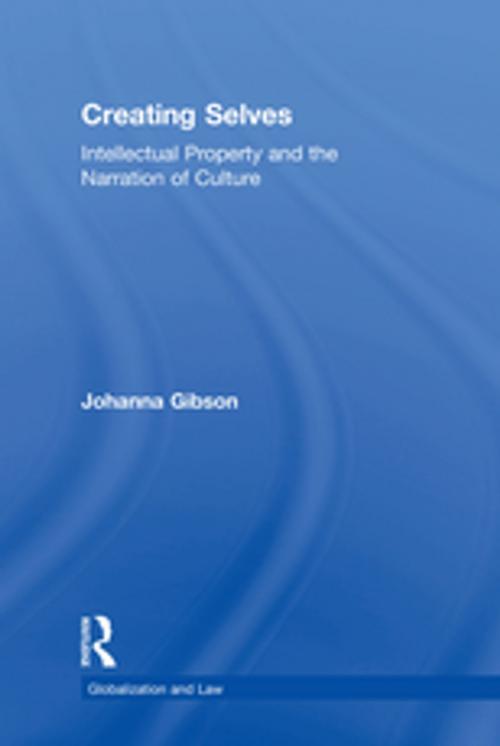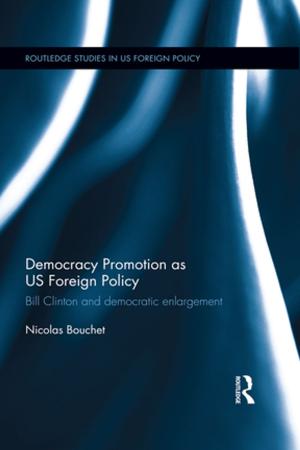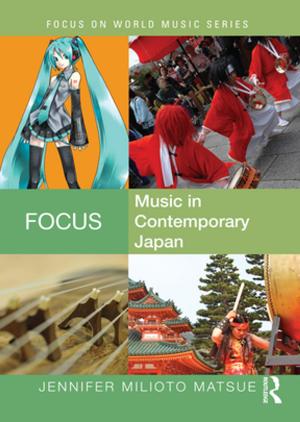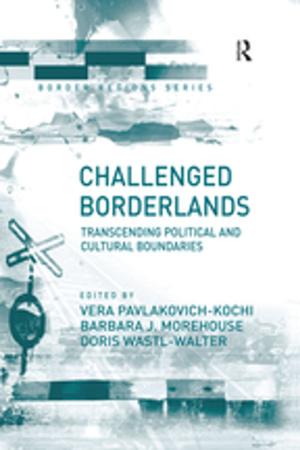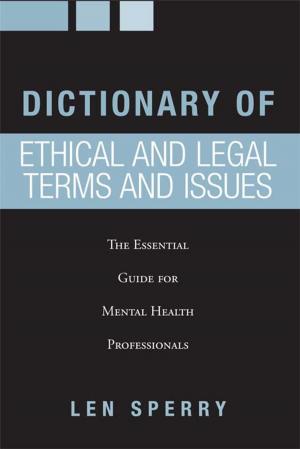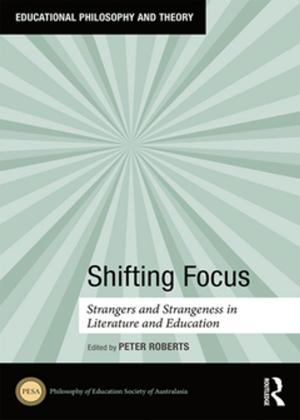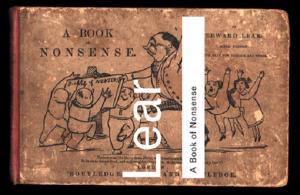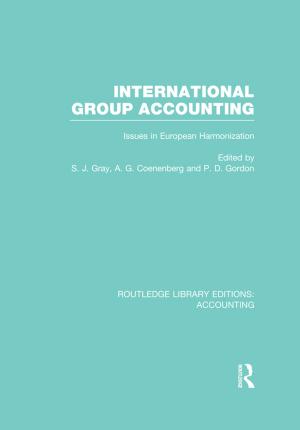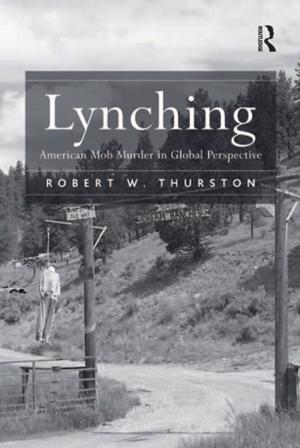Creating Selves
Intellectual Property and the Narration of Culture
Nonfiction, Reference & Language, Law, Intellectual Property| Author: | Johanna Gibson | ISBN: | 9781351947800 |
| Publisher: | Taylor and Francis | Publication: | May 15, 2017 |
| Imprint: | Routledge | Language: | English |
| Author: | Johanna Gibson |
| ISBN: | 9781351947800 |
| Publisher: | Taylor and Francis |
| Publication: | May 15, 2017 |
| Imprint: | Routledge |
| Language: | English |
The concept of creativity, together with concerns over access to creativity and knowledge, are currently the subject of international debate and unprecedented public attention, particularly in the context of international developments in intellectual property laws. Not only are there significant developments at the legal level, with increasing moves towards stronger and harmonized protection for intellectual property, but also there is intense public interest in the concepts of creativity, authorship, personality, and knowledge. In Creating Selves, Johanna Gibson addresses strategic responses to intellectual property, and suggests alternative models for encouraging, rewarding, and disseminating creative and innovative output, which are built upon a critical analysis of and approach to the debate and to the concept of creativity itself. Drawing upon critical theories in authorship, literature, music, the sciences and the arts, Gibson suggests a radical re-consideration of the notion of creativity in the intellectual property debate and the means by which to encourage and sustain creativity in contemporary society.
The concept of creativity, together with concerns over access to creativity and knowledge, are currently the subject of international debate and unprecedented public attention, particularly in the context of international developments in intellectual property laws. Not only are there significant developments at the legal level, with increasing moves towards stronger and harmonized protection for intellectual property, but also there is intense public interest in the concepts of creativity, authorship, personality, and knowledge. In Creating Selves, Johanna Gibson addresses strategic responses to intellectual property, and suggests alternative models for encouraging, rewarding, and disseminating creative and innovative output, which are built upon a critical analysis of and approach to the debate and to the concept of creativity itself. Drawing upon critical theories in authorship, literature, music, the sciences and the arts, Gibson suggests a radical re-consideration of the notion of creativity in the intellectual property debate and the means by which to encourage and sustain creativity in contemporary society.
